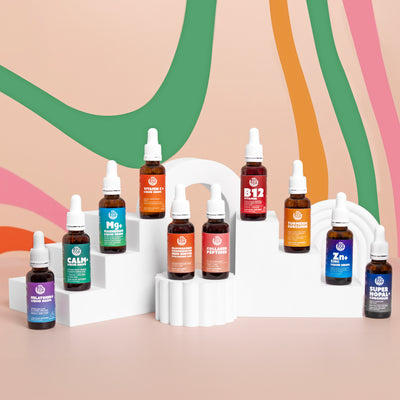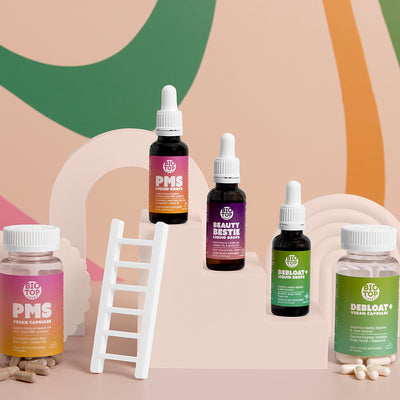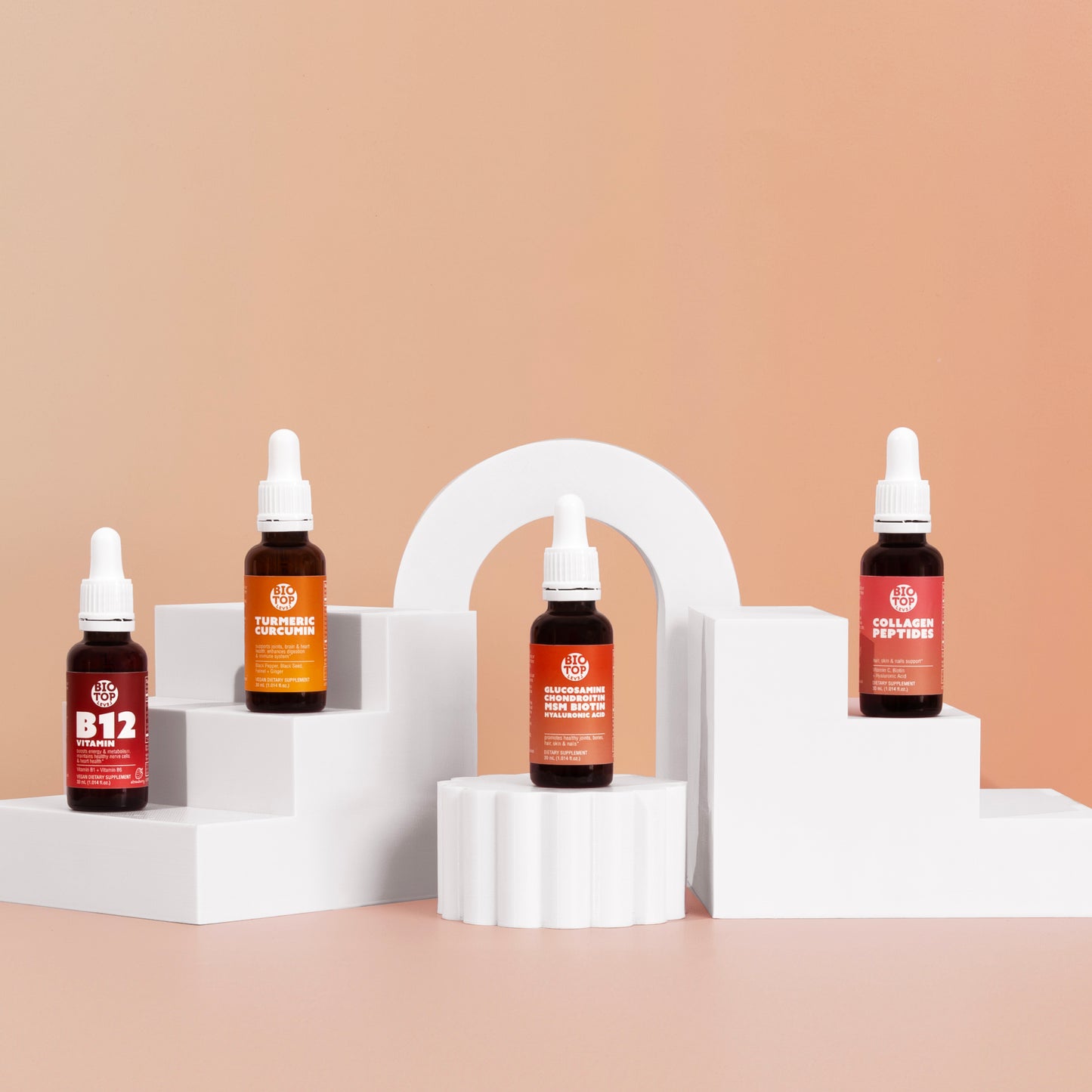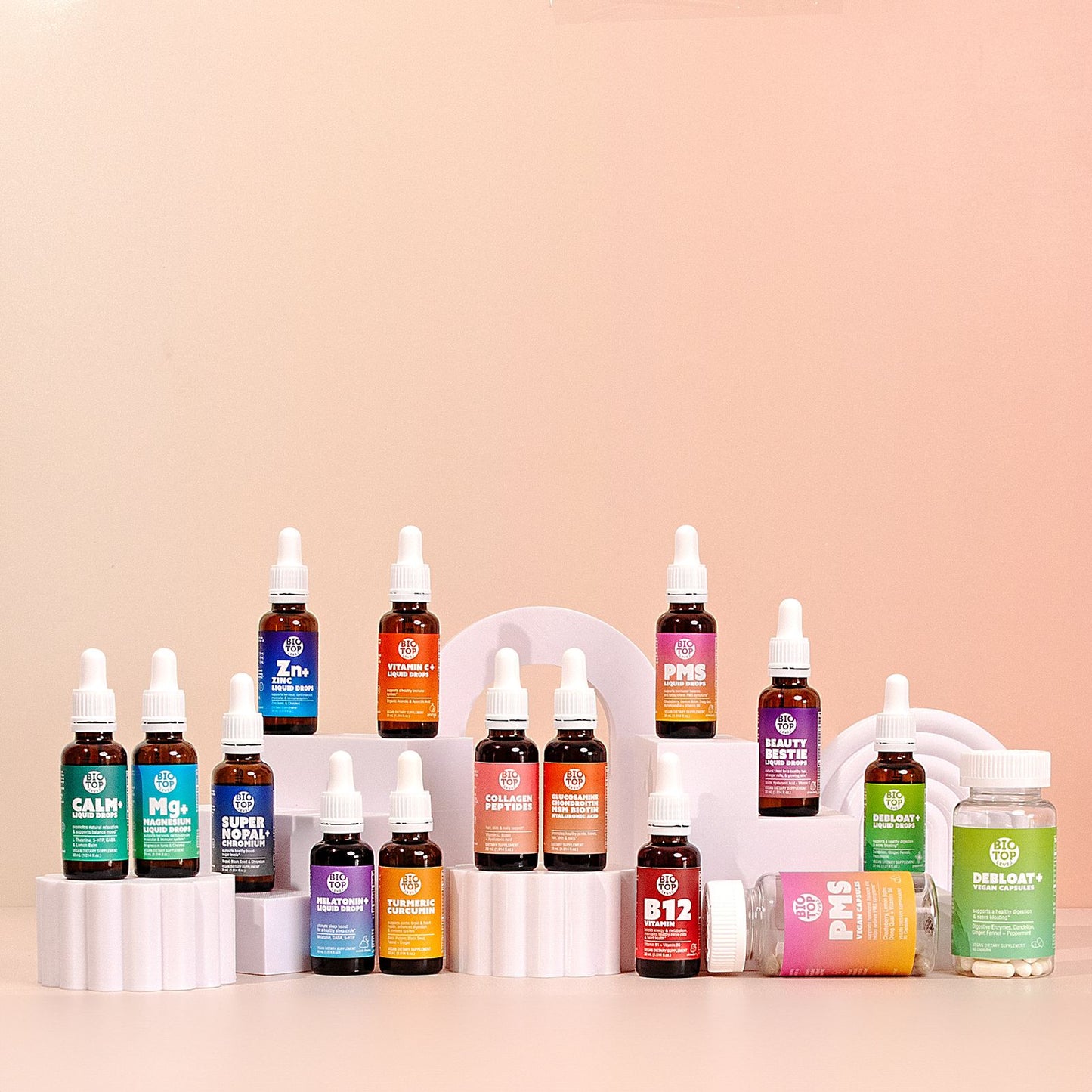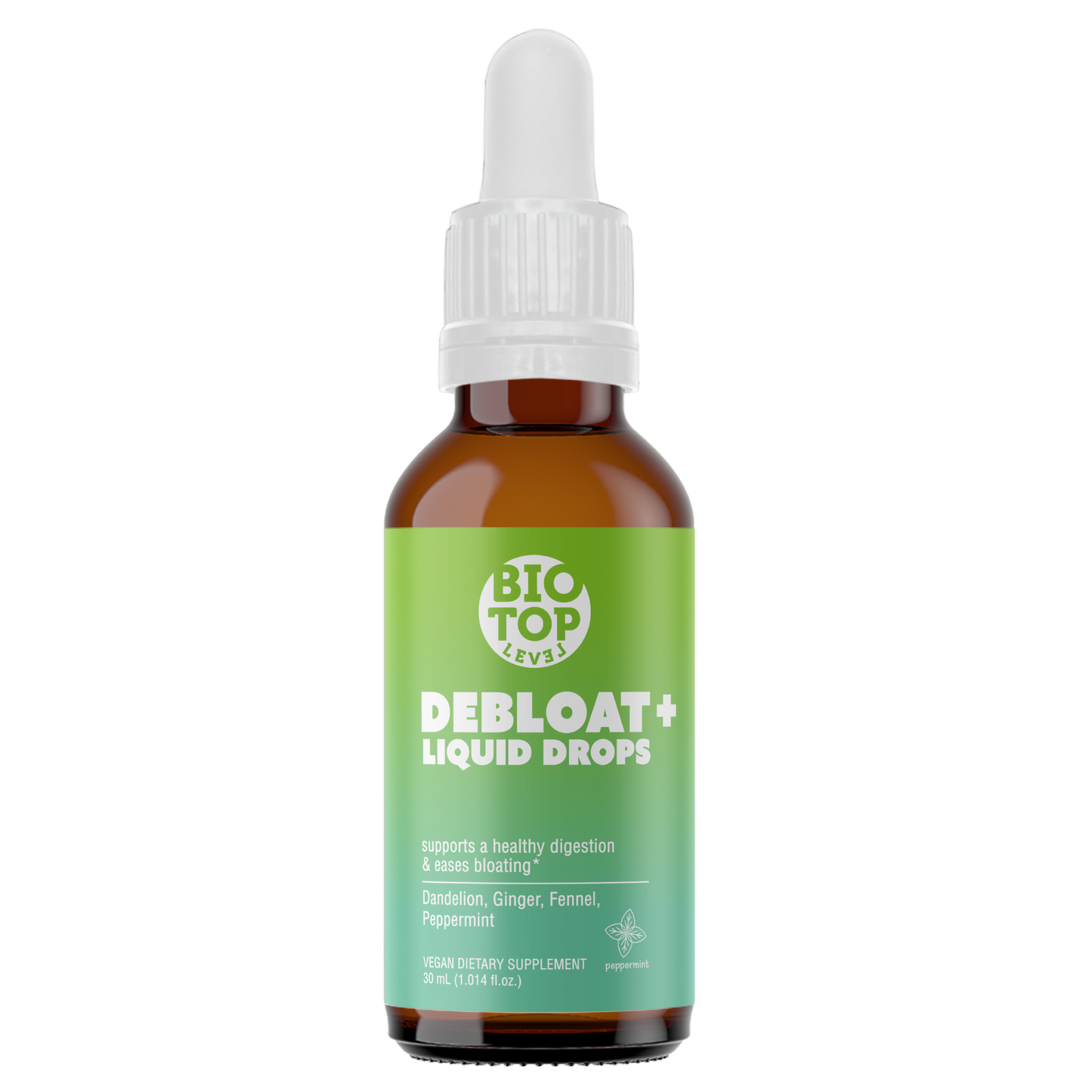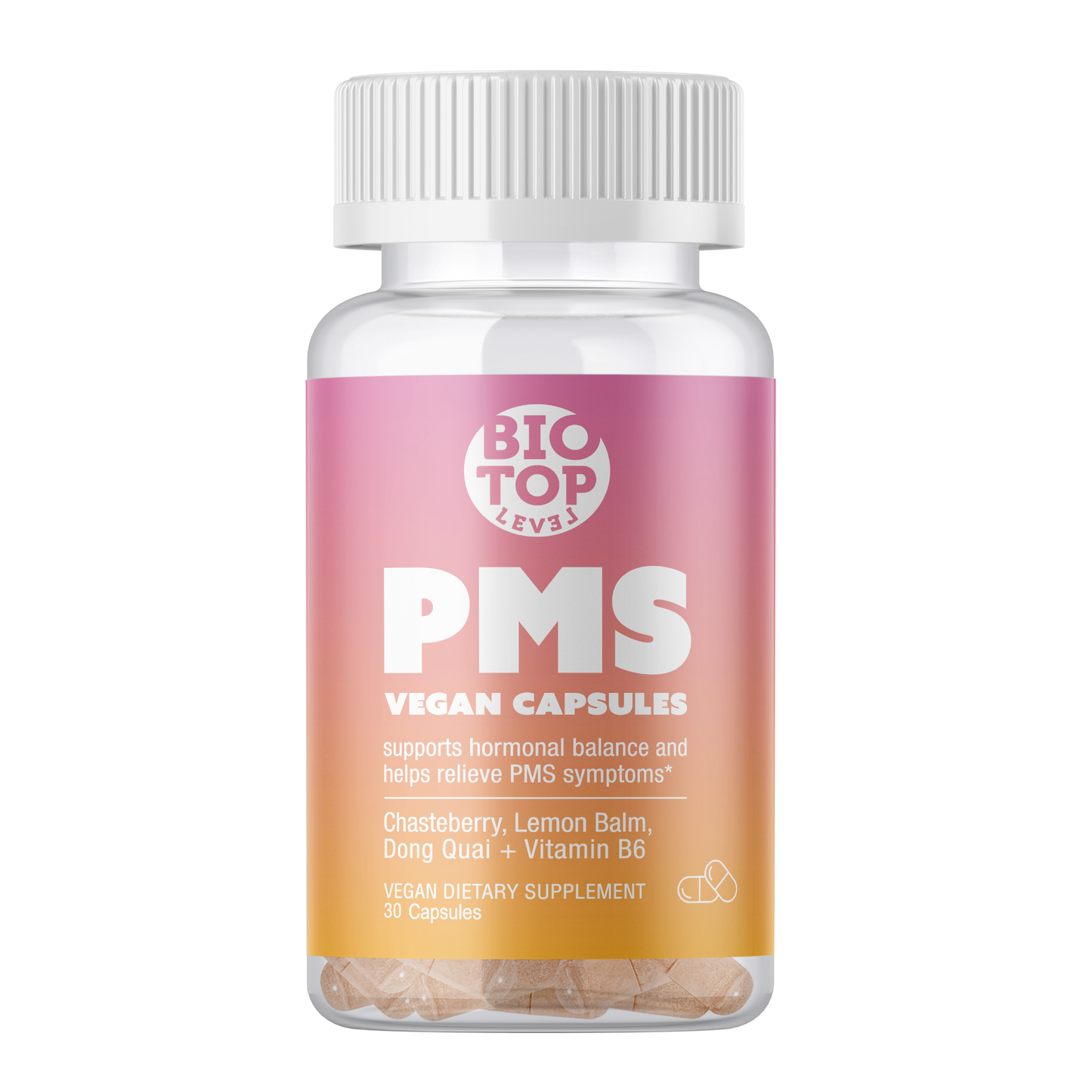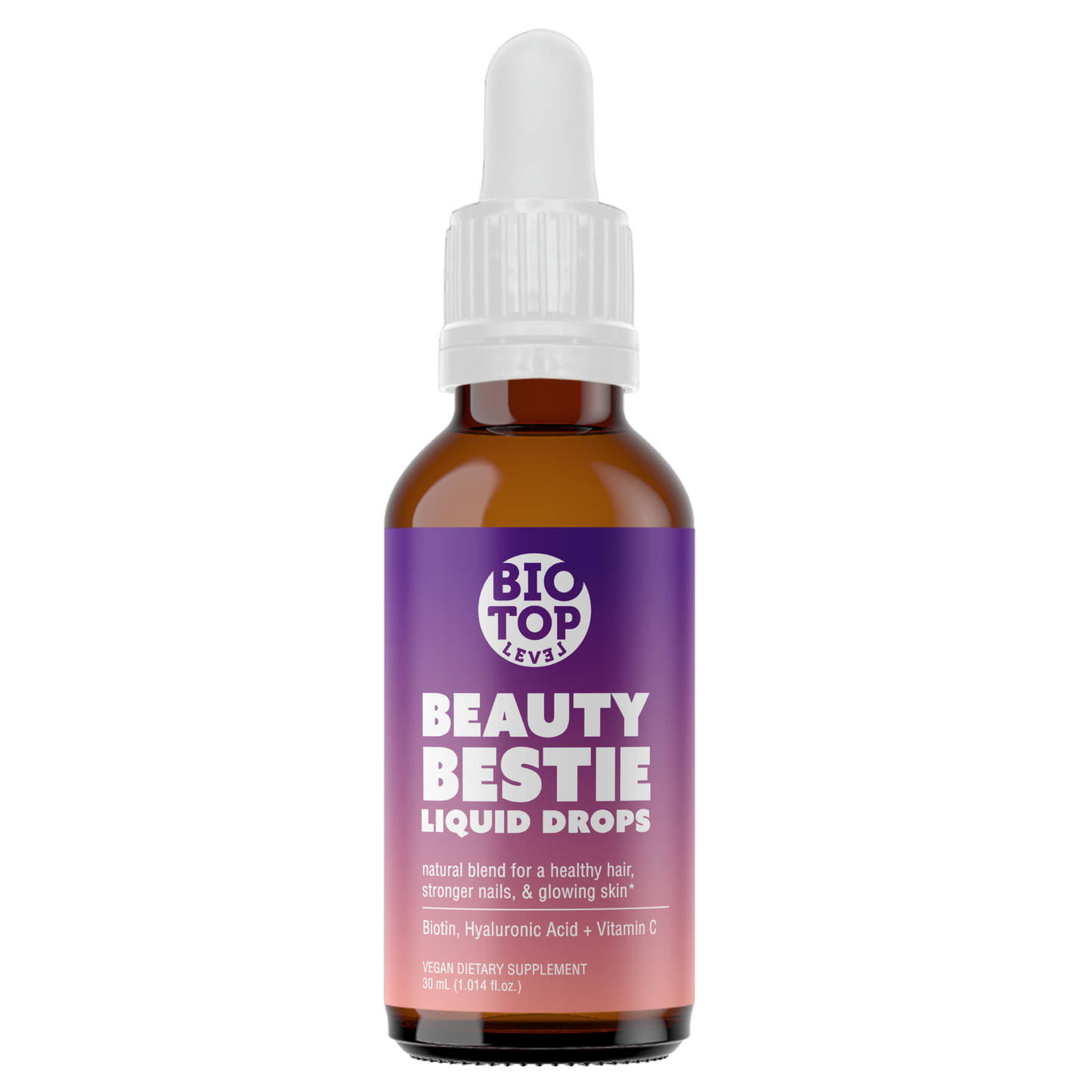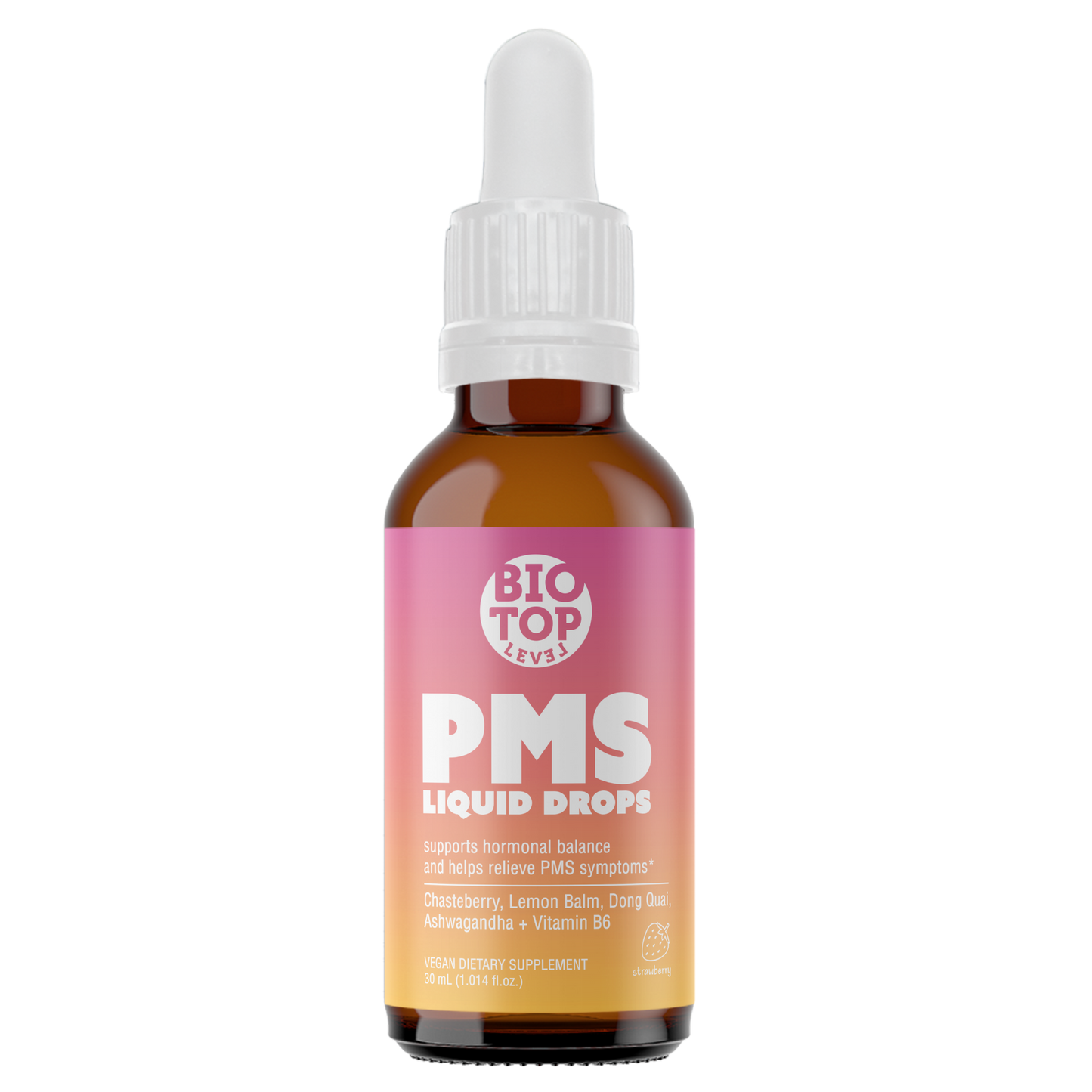
The skin is the largest organ of the body. The skin and its derivatives; hair, nails, sweat and oil glands make up the integumentary system. One of the main functions of the skin is protected, it protects the body from external factors such as bacteria, chemicals, and temperature.
Dermocosmetics are products to be applied topically to the skin, hair and nails. These formulations combine a dermatological action with a cosmetic action. They maintain the health and beauty of the skin and hair. Dermocosmetics have an effect of protecting and repairing skin from the aggressions of the external environment and natural aging.
Nowadays there is a greater knowledge about the physiology of the skin and the hair as organs that present dynamic changes during the different stages of life, as well as due to different conditions. At the same time, there have been scientific advances that have led to the use of natural biomolecules in more advanced formulations that are more effective and safe for the treatment and management of a wide range of skin disorders. In the laboratory, production practices and quality controls are comparable to those used for pharmaceutical formulations. These novel products are very useful in dermatology treatments and in the evolution of modern cosmetics.
Some of the most widely used molecules in Dermocosmetic are Hyaluronic Acid and Vitamin C.
Vitamin C
Vitamin C is a powerful in-vivo anti-oxidant and free radical scavenger, but it has proven that its efficacy profile is by far broader. It works for a better-looking skin tone. It reduces the appearance of skin blemishes and acne not only experienced by teenagers but also by adults and helps in stimulating the production of collagen and increasing skin firmness.
Vitamin C has been clinically proven to be a great antioxidant with a revitalizing power. It promotes the synthesis of collagen. The antioxidant effect of Vitamin C can prevent or delay certain types of cell damage caused by free radicals.
Some Vitamin C derivatives, such Sodium Ascorbyl Phosphate, have superior stability in formulations compared to straight ascorbic acid. The easily water-soluble monophosphate ester of ascorbic acid is bio-converted into Vitamin C by phosphatases present in the skin.
Hyaluronic Acid
Hyaluronic Acid is a natural polysaccharide that is found naturally in the body. It is responsible for maintaining the moisture levels of the skin, since it has the property of retaining water.
Hyaluronic Acid counteracts the effect of aging on the skin, in particular the formation of wrinkles, by replacing the volume of fluid lost; It also increases the production of collagen.
Its use in cosmetics is due to the fact that Hyaluronic Acid has the capacity to retain water in a percentage equivalent to thousands of times its weight and therefore it is used for hydration of the epidermis since it reconstitutes the fibers that support the tissues, giving a better appearance to the skin. This is why Hyaluronic Acid is used as an ingredient in cosmetic products due to its moisturizing properties, especially in the treatment of facial wrinkles.
Natural Hyaluronic Acid, a powerful natural moisturizer
One botanical alternative to Hyaluronic Acid is a natural botanically derived high molecular weight polysaccharide from the seeds of the Indian plant Cassia Angustifolia. This has a dual activity. The polysaccharides form a protective film on the skin that that strongly binds water and fills up fine lines. By providing intense moisturization the skin is additionally plumped up, which further adds to reducing fine lines and wrinkles and smoothing of the skin surface. As a result of the smoother surface, light reflection is also improved, leading to increased skin radiance.
In a comparative study this natural ingredient was shown to be more effective than or as effective as sodium hyaluronate at equivalent concentrations of active matter.
This botanical alternative also has excellent sensorial properties. Skin immediately feels smooth, soft and silky.
This natural molecule is perfectly suited as a botanical alternative to Hyaluronic Acid, both for fine line filling and intense moisturization. In addition, it enhances skin radiance and provides immediately perceivable sensorial benefits.
Vitamin C and Hyaluronic Acid, as well as their derivatives are very useful to:
- Revitalize and brighten the skin
- Reduce wrinkles and fine lines
- Reduce skin blemishes
- Promote a smooth texture on the skin with a renewed tone and radiant
Benefits of Hyaluronic Acid:
- Helps protect from photodamage for beautiful and healthy-looking skin
- Improves skin firmness
- Decreases appearance of age spots
- Visibly evens the skin tone
- Superior improvement of the appearance of acne even compared to anti-acne actives
